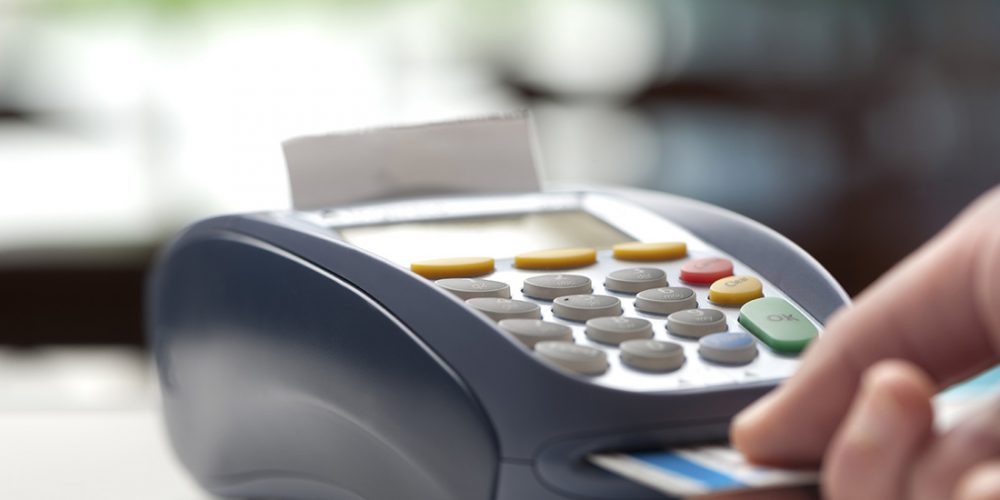Discovering you’ve been the victim of credit card or debit card fraud can be a stressful experience. However, there are actions you can take to minimize the chance of falling prey to fraudulent activity. Review these six tips to help protect yourself.
- Secure your smartphone
Never leave your smartphone unlocked when it’s not in use. Though emails and apps may be password-protected, credit card or banking statements in your email or financial apps can leave you vulnerable to theft. Always lock your smartphone to provide additional protection. - Be smart about online purchases
Don’t use a public or unsecured computer for online shopping. Always look for “https” at the beginning of the web address to ensure you’re on a secure website. If you’re setting up an online account, use passwords that are not easy to guess and are at least 10 characters long. - Regularly monitor your accounts
Review your credit card statements and activity at least once a month and request your free credit report annually. Log in to your banking account weekly to confirm all purchases are legitimate. As a reminder, credit cards generally offer more protections against fraud than debit cards, so it’s best to check on debit card transactions frequently. If you do notice suspicious activity, report it to your bank or credit card company immediately. - Use protection tools provided by your card
Choose a credit or debit card with fraud protection and/or alert tools included. Fraud protection protects you from being liable for unauthorized purchases, while purchase alerts notify you via text or email to help you keep an eye out for suspicious card transactions. [Shameless plug: First Internet Bank credit and debit cards offer free purchase alerts so you can take action at the first potential signs of fraud.] - Protect your personal information
Always shred mail or documents containing personal or credit card information before you throw them away. Consider switching to e-statements to avoid paper statements altogether…while being kind to the environment. Use caution when providing your credit or debit card number in public or over the phone. It’s best not to do it at all, but if you must, be sure you’re dealing with a trusted party. - Shop wisely
Before you leave your house, decide which credit or debit card you will use so you avoid carrying unnecessary cards that could be lost or stolen. Save your receipts to compare your purchases against your statement. Opt for an email receipt whenever possible.
While many of these tips may seem like common sense, they’re intended to be friendly reminders to help encourage good behaviors with your credit and debit cards.
As always, contact a First Internet Bank Relationship Banker at bank@firstib.com or 1-888-873-3424 if we can answer any questions for you.





